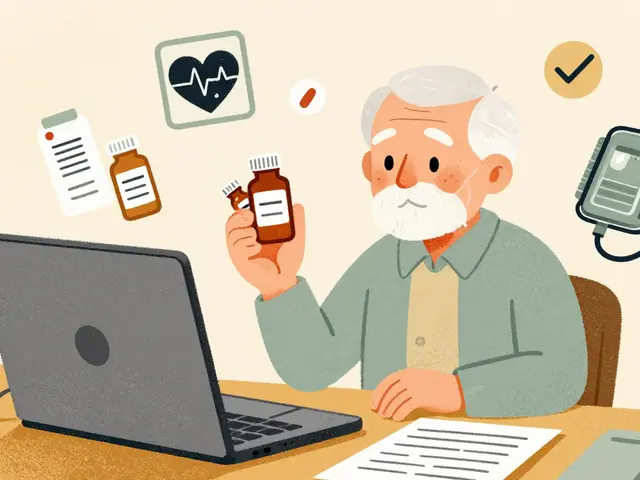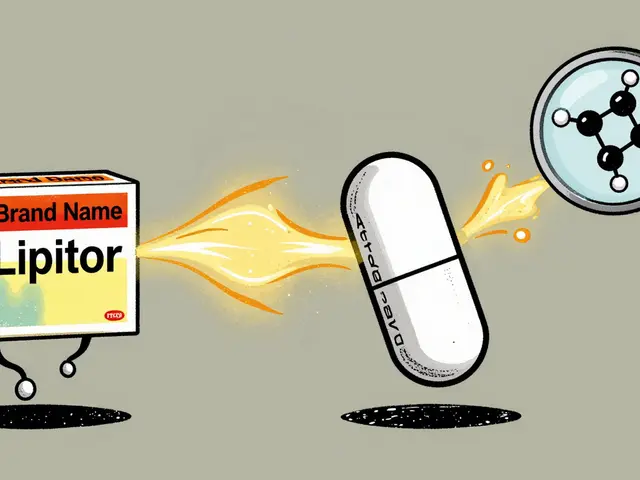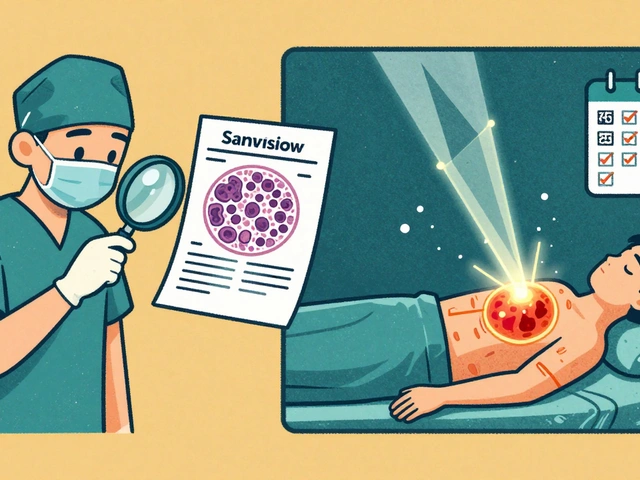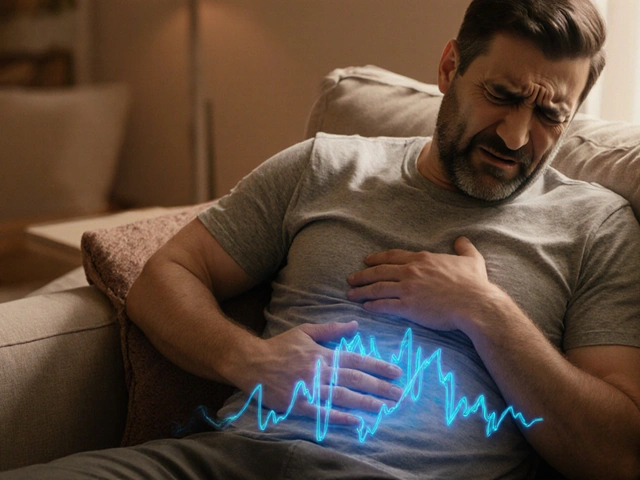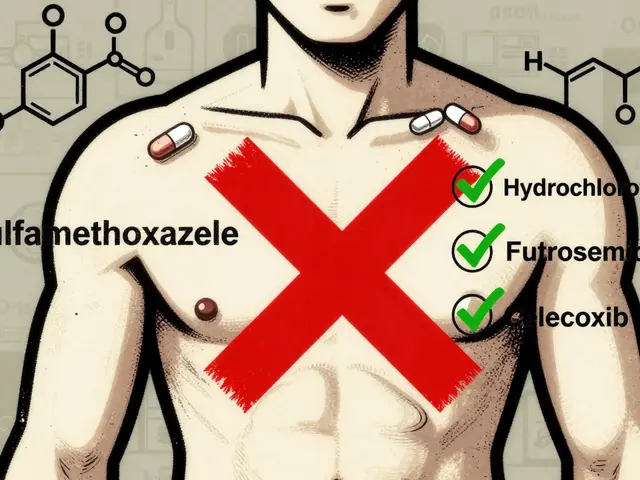Neurodegenerative Disease: Practical Tips for Treatment and Daily Care
Neurodegenerative diseases like Parkinson's and Alzheimer's change lives slowly, but the right steps now can keep someone safer and more independent longer. You don’t need every medical detail to act — you need clear, useful choices you can try today and talk over with a clinician tomorrow.
Medications: what to expect
Medications often focus on symptoms, not cures. For Parkinson's, drugs such as levodopa can reduce tremors and stiffness; for Alzheimer's, cholinesterase inhibitors (donepezil, rivastigmine) and memantine aim to support thinking and daily function. Side effects matter as much as benefits — nausea, dizziness, sleep changes, or confusion can come up and should be flagged early.
Always check interactions. Many people with neurodegenerative conditions take drugs for blood pressure, pain, or mood at the same time. Ask your pharmacist to run a quick interaction check and keep a current medicine list in your wallet. If a drug seems to make thinking worse or causes falls, stop and call your clinician — don’t tough it out.
Antipsychotics and sedatives can help with severe agitation or sleep problems but raise risk for falls and cognitive decline, especially in older adults. If a caregiver or doctor suggests one, ask about non-drug options first and request the lowest effective dose for the shortest time possible.
Practical daily strategies
Small changes in routine add up. Stick to a daily schedule for meals, sleep, and activity — the brain likes predictability. Simplify tasks: break dressing or cooking into steps and remove hazards like loose rugs. Use visual cues and big-font lists for reminders.
Movement matters. Short, regular walks, chair exercises, or physical therapy can reduce stiffness, lower fall risk, and lift mood. If balance is a problem, ask about home safety assessments and grab bars before a fall happens.
Communication helps everyone. When memory or language slips, slow your speech, use yes/no questions, and give time to answer. Encourage meaningful routines — hobbies, simple chores, or listening to favorite music keep purpose and reduce anxiety.
Caregiver support is critical. Being the main helper is tiring and isolating. Look for local support groups, short-term respite care, or counseling. When possible, divide tasks among family and formal help and keep a list of emergency contacts and medical info accessible.
Finally, track changes. Keep a short weekly log of sleep, falls, new symptoms, and medication effects. That log makes clinic visits faster and helps your team adjust treatment before problems get bigger. You don’t need perfect notes — just consistent, honest observations.
If you want focused articles on specific drugs, alternatives, or how to order medication safely online, check our medication guides and comparisons for clear, practical help tailored to everyday needs.

This article explores the surprising role of SV2A, a protein previously famous for epilepsy treatment, and its emerging significance in psychiatric and neurodegenerative disorders. Learn how SV2A-targeting therapies, originally made for seizures, are now being tested for conditions like depression, schizophrenia, and Alzheimer’s disease. The article reviews what science reveals about SV2A in the brain and why it’s catching the attention of drug developers. Find practical tips, real stats, and an honest look at the future of SV2A-based treatments. Packed with hands-on insights, the article makes the latest neuroscience research easy to understand for everyone.
Continue Reading

